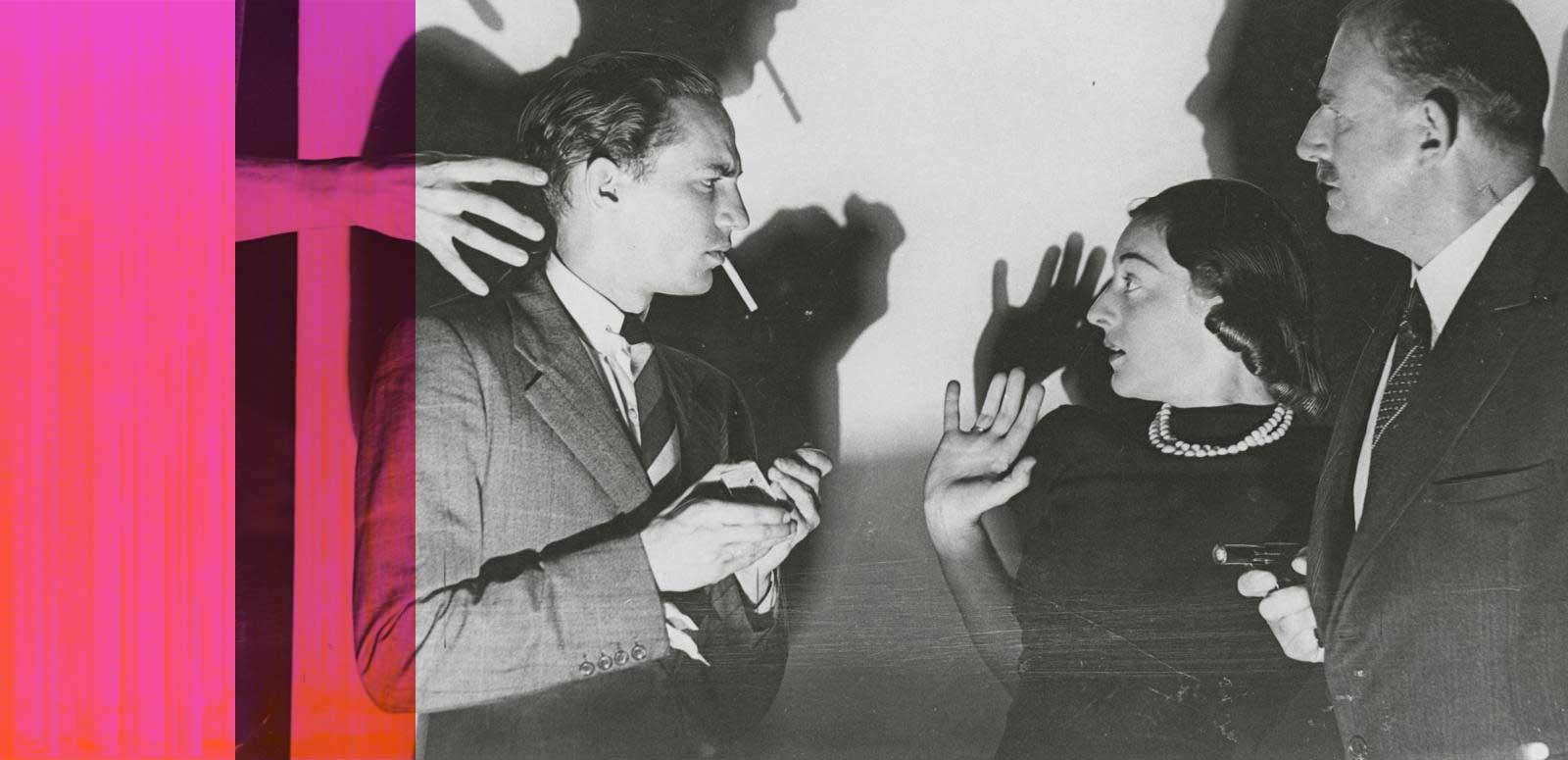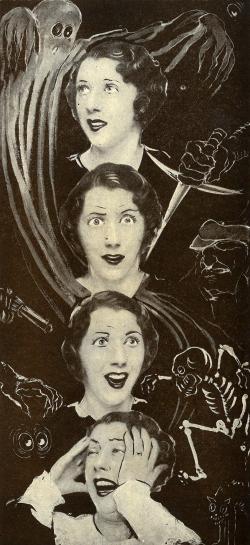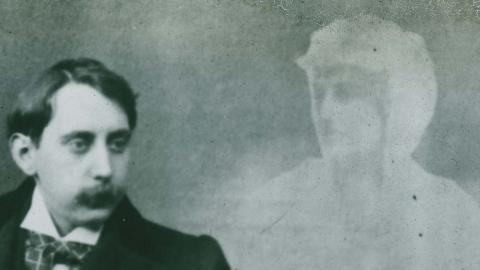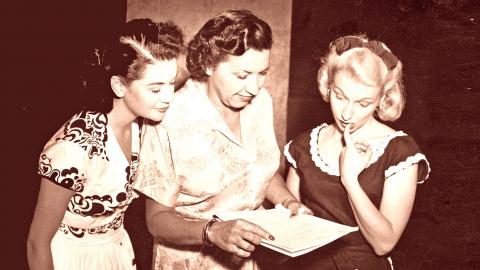When radio reigned as the primary form of home entertainment during the early to mid-20th century, Australians enjoyed a wide variety of genres of radio plays and serials. One of the most popular genres was the ‘thriller’ – encompassing crime, horror, fantasy and the supernatural. Curator Chris Arneil shares three spooky, full-length thriller episodes from popular radio serials of the time.
By Chris Arneil





